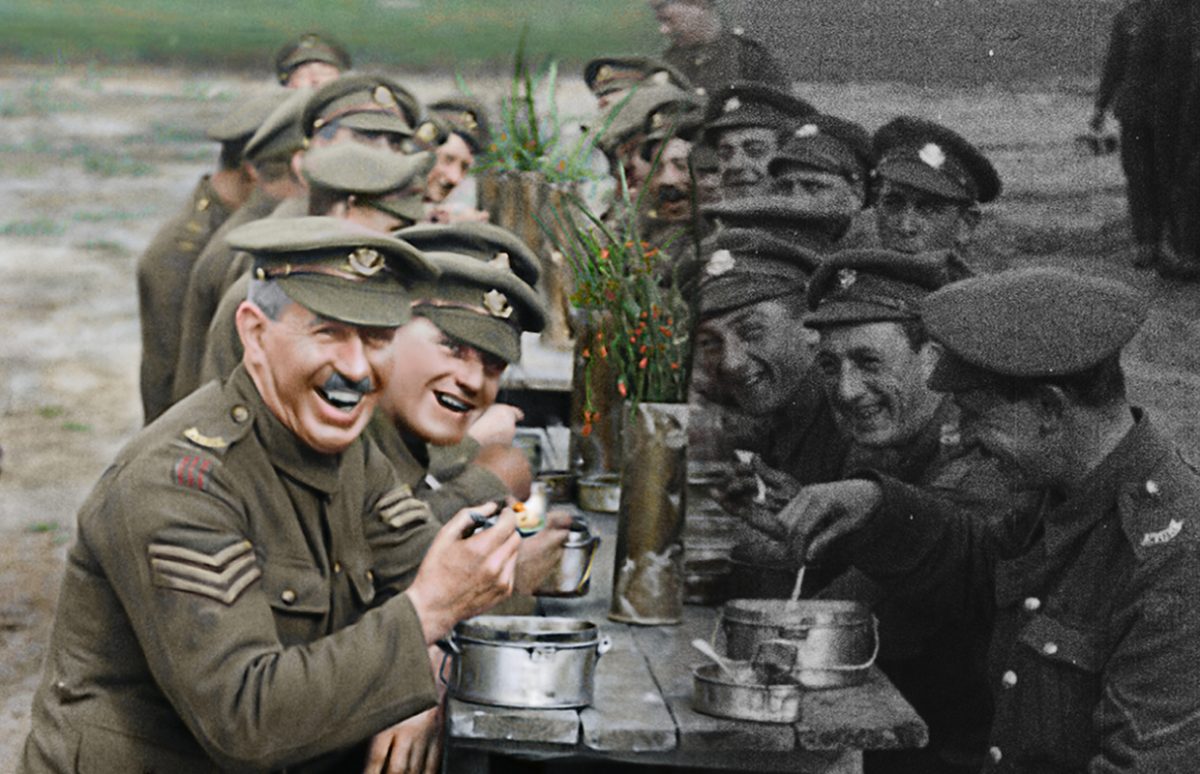
A new documentary film by Lord of the Rings director Peter Jackson brings the soldiers in the First World War to life to commemorate the centenary of the Armistice. The First World War was the first major conflict after the invention of film cameras. To mark the centenary of the end of the War on … Continue reading “They Shall Not Grow Old”
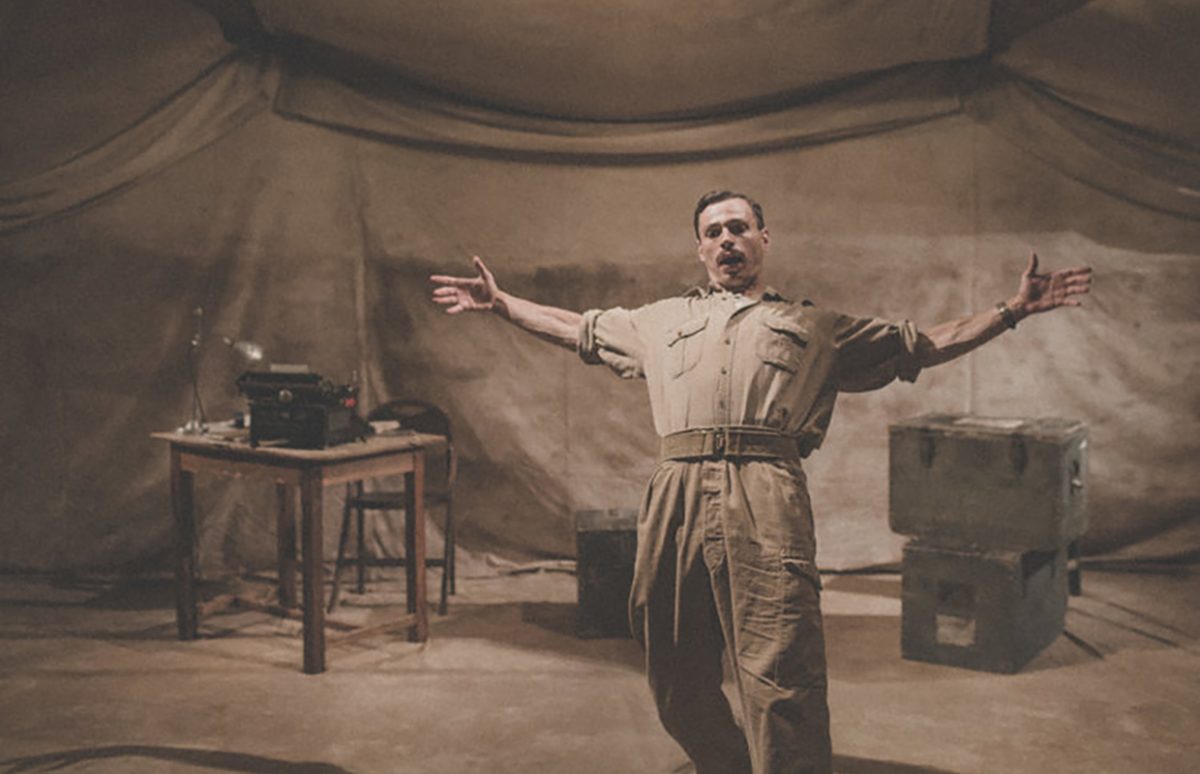
As part of the commemorations of the 75th anniversary of the D-Day landings, the town of Bayeux is hosting an immersive audio performance in English about British war poet and D-Day veteran Keith Douglas. Douglas was a WWII tank commander, who fought in North Africa and participated in the Normandy landings. He was killed three … Continue reading “D-Day in Sound and Poetry”
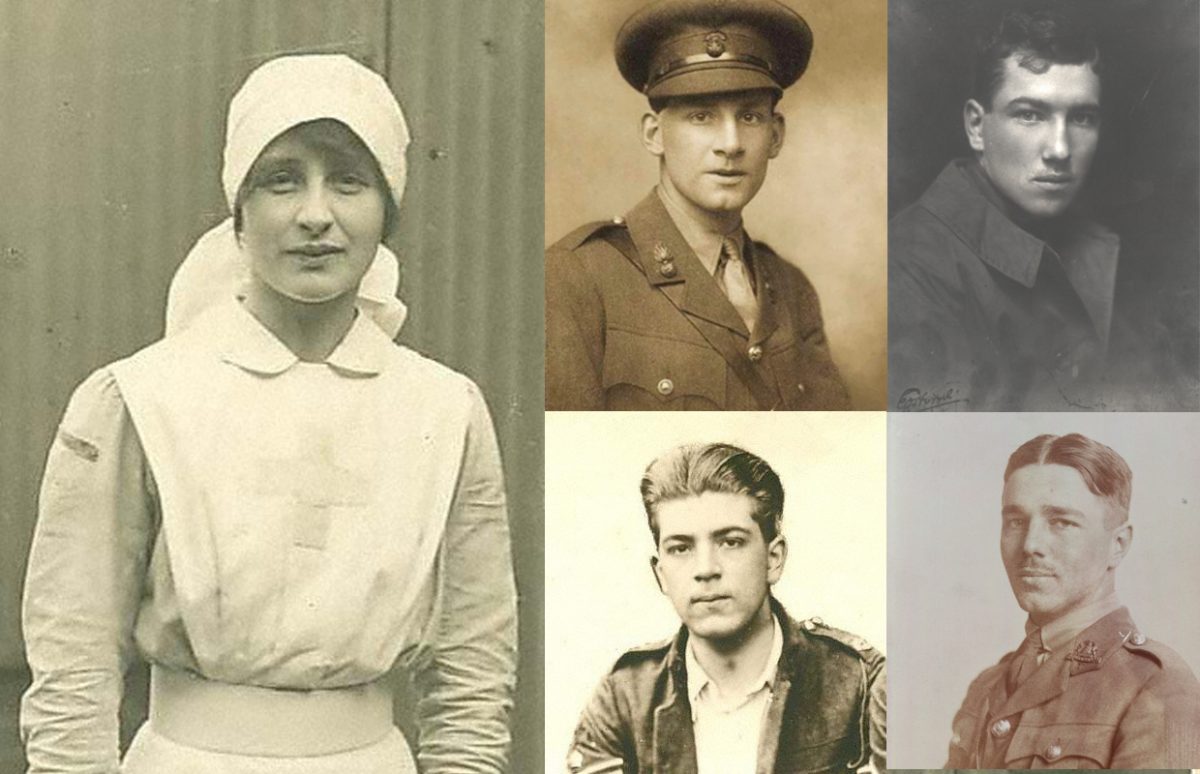
Why did the First World War inspire so many participants to write poetry? And what effect does the work of poets like Wilfred Owen, Vera Brittain, Siegfried Sassoon or Rupert Brooke have on our vision of that war today? Author Simon Davies will address these questions in a public talk at the British Council Paris … Continue reading “Talk in English: World War I Poets”
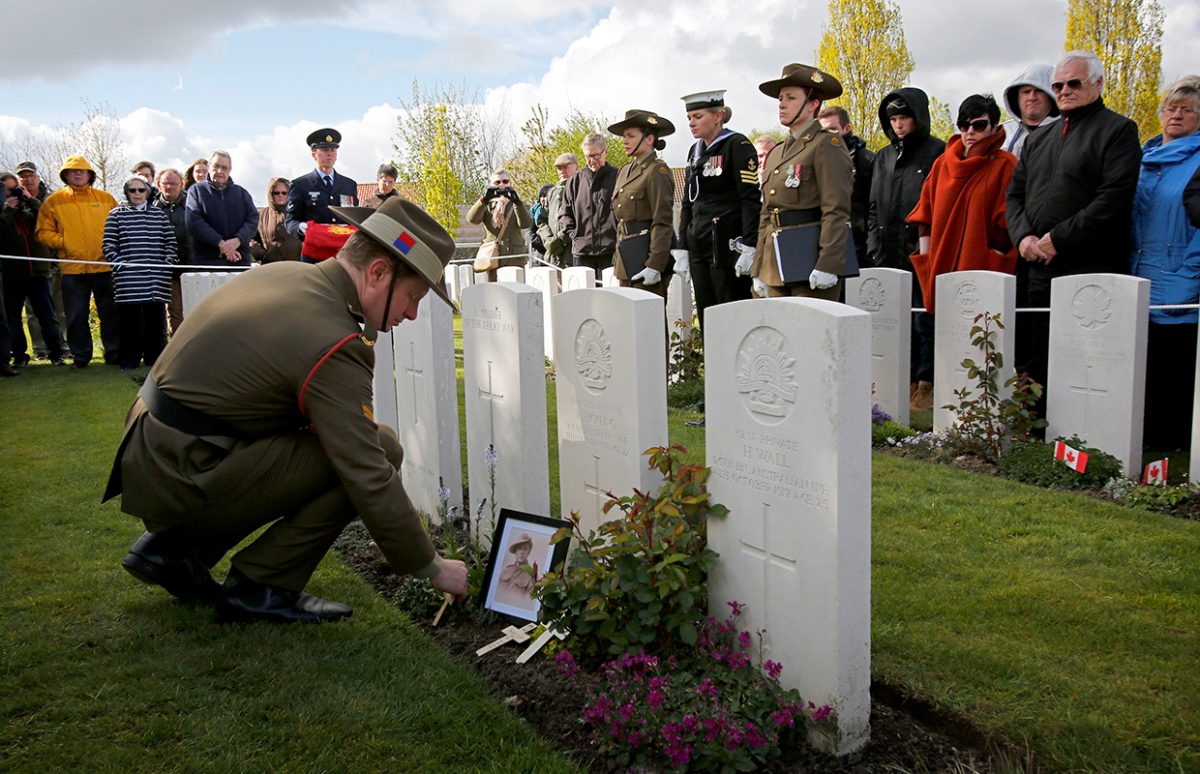
While most countries involved in World War I commemorate those who served in that and later wars on 11 November, the date the War ended, in Australia and New Zealand, the main commemoration is ANZAC Day, 25 April, the day in 1915 when their servicemen first saw action, in the disastrous Gallipoli Campaign. When Britain … Continue reading “ANZAC Day”
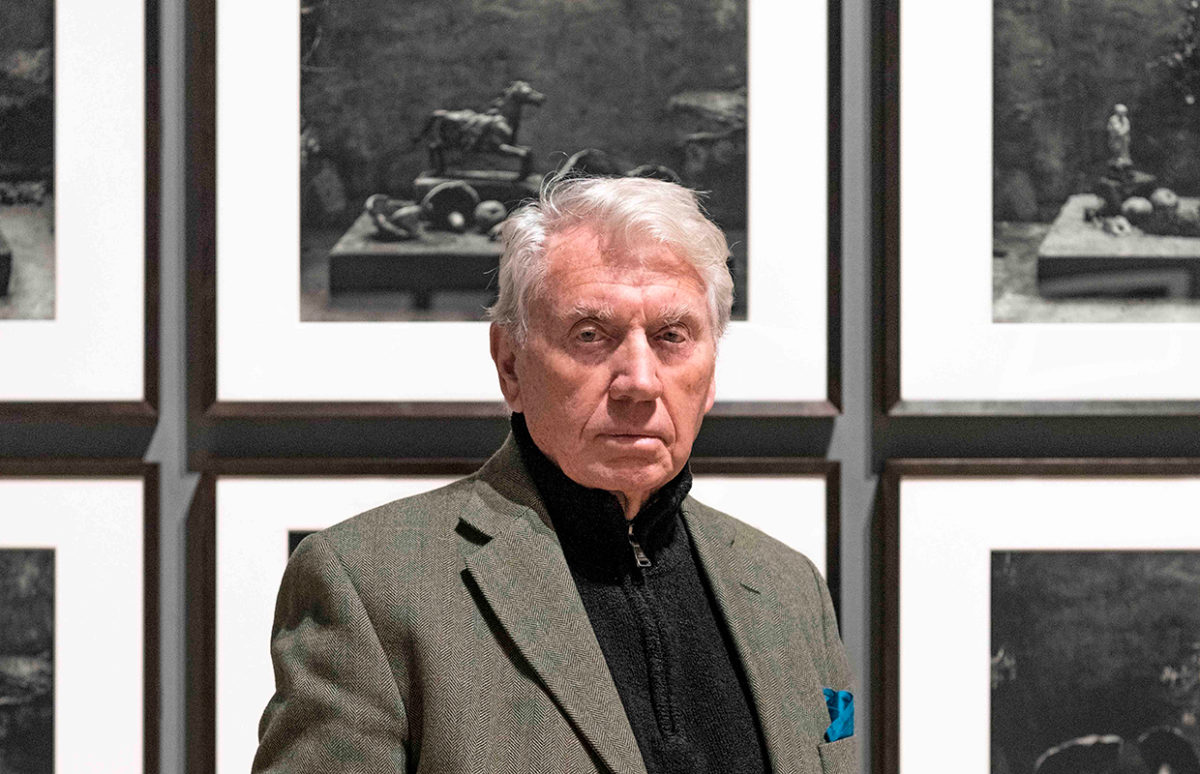
Don McCullin’s black-and-white photographs bear witness of the major conflicts the world has been experiencing for the last 60 years. From Cyprus to Syria, from Vietnam to Biafra, from the construction of the Berlin Wall to the conflict in Ulster, his (still ongoing) career as a photojournalist has enabled him to witness and record the … Continue reading “Don McCullin: War Photographer”
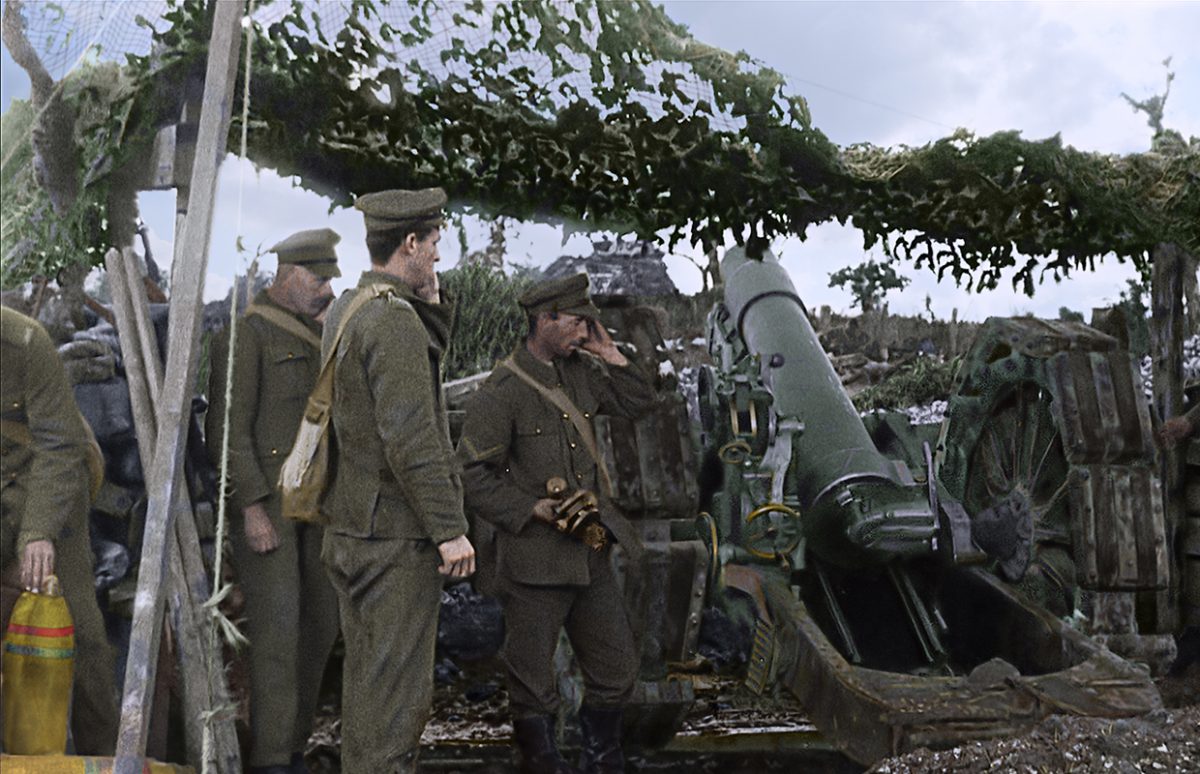
To mark the centenary of the end of the First World War, Peter Jackson has restored old black-and-white archive footage of British servicemen’s life in the trenches. He has colourised it, and has asked lip-readers to help dub in what the soldiers were actually saying. The film’s title refers to a poem by Robert Binyon … Continue reading “They Shall Not Grow Old Film: Bringing WWI to Life”
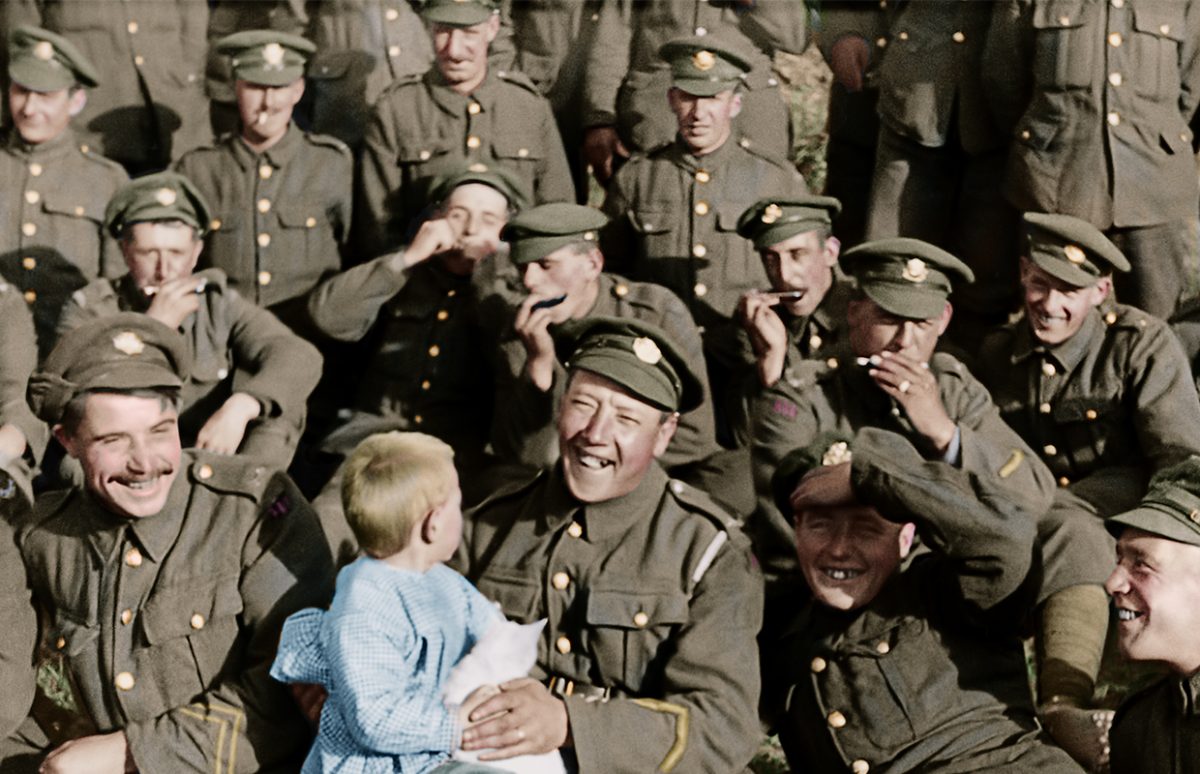
This A2+ level article is an opportunity to mention the 100th anniversary of the end of WWI and see how Anglophone countries commemorate their fallen soldiers. It can be used as additional input to what the students study in History. It can also raise the interest of some students to watch the archive film “They … Continue reading “Remembering British WWI Soldiers”
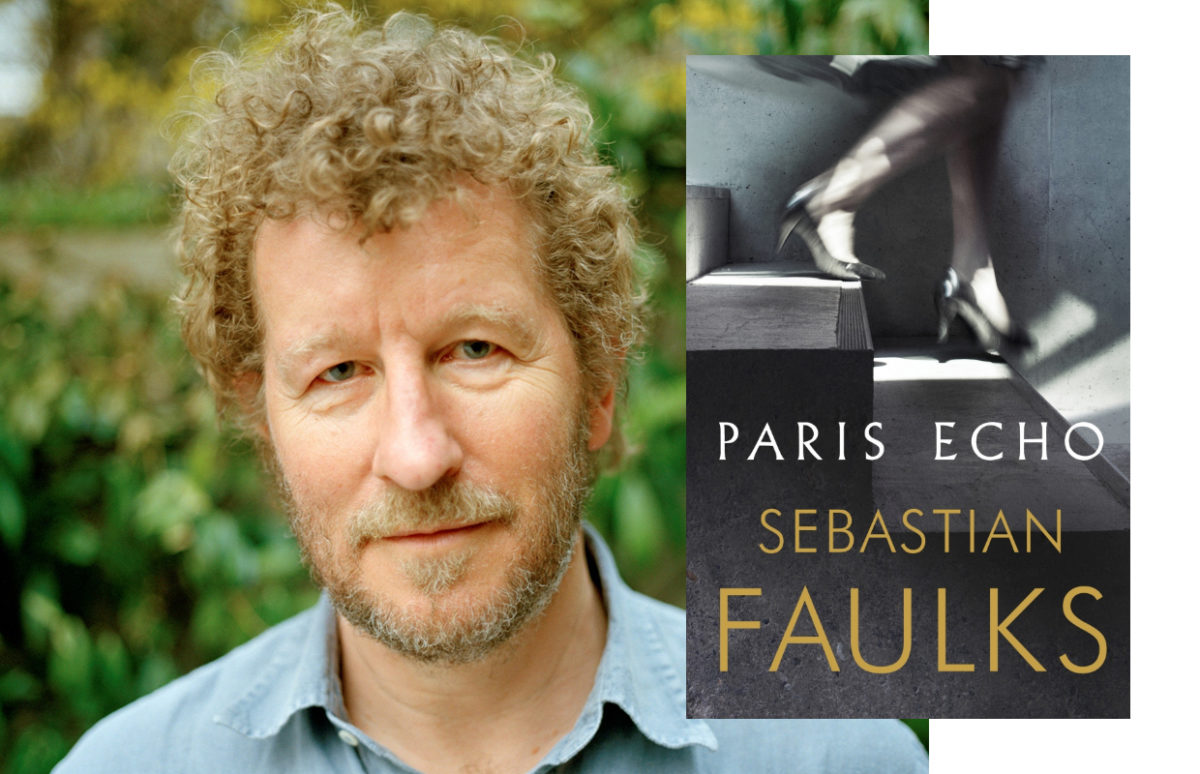
Bestselling British author Sebastian Faulks will be giving two talks in Paris on 25 and 26 September around his latest novel Paris Echo. Like many of his previous books it is set in France, and draws heavily on the legacy of war. Many of Faulks’ novels are set during World Wars I and II, including … Continue reading “Meet an Author: Sebastian Faulks”
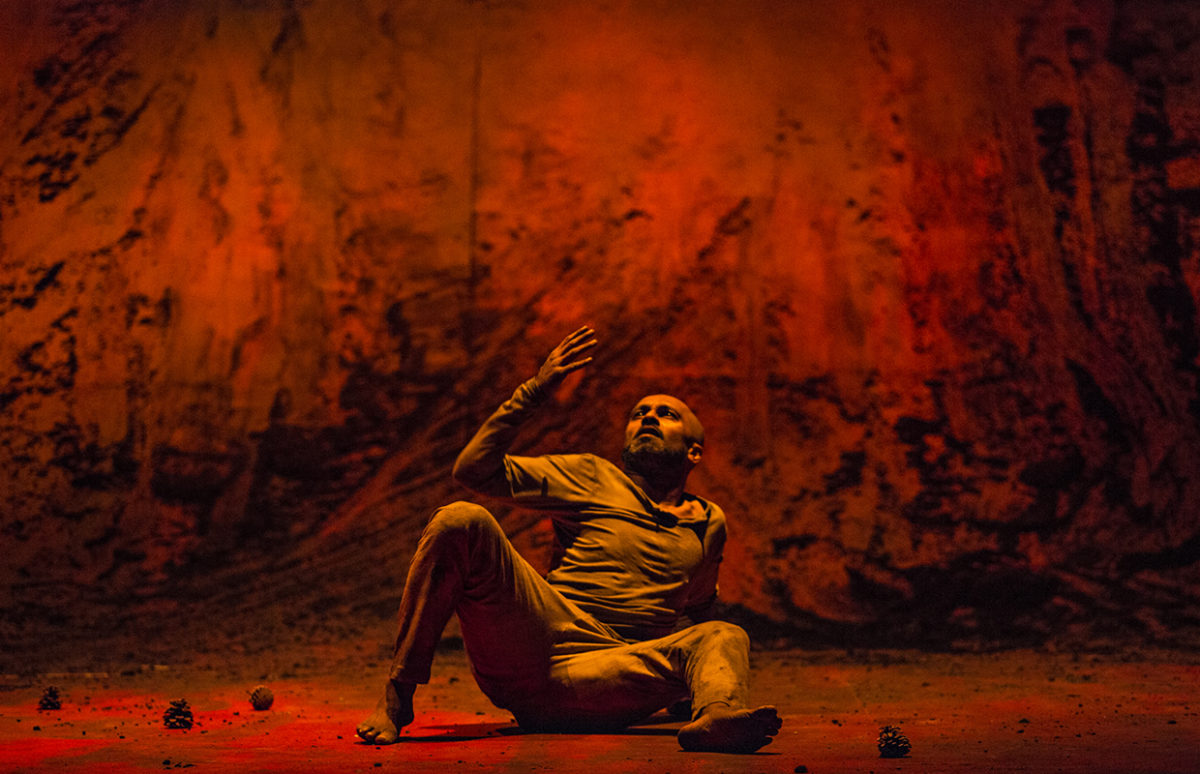
Montpellier will see the French première of an extraordinary new dance and theatre piece about the experience of Indian soldiers in World War I on 26 and 27 June. XENOS is the latest creation by British-Bangladeshi dancer and choreographer Akram Khan. The title is ancient Greek for “stranger” or “foreigner” and the piece draws both … Continue reading “War Dance”
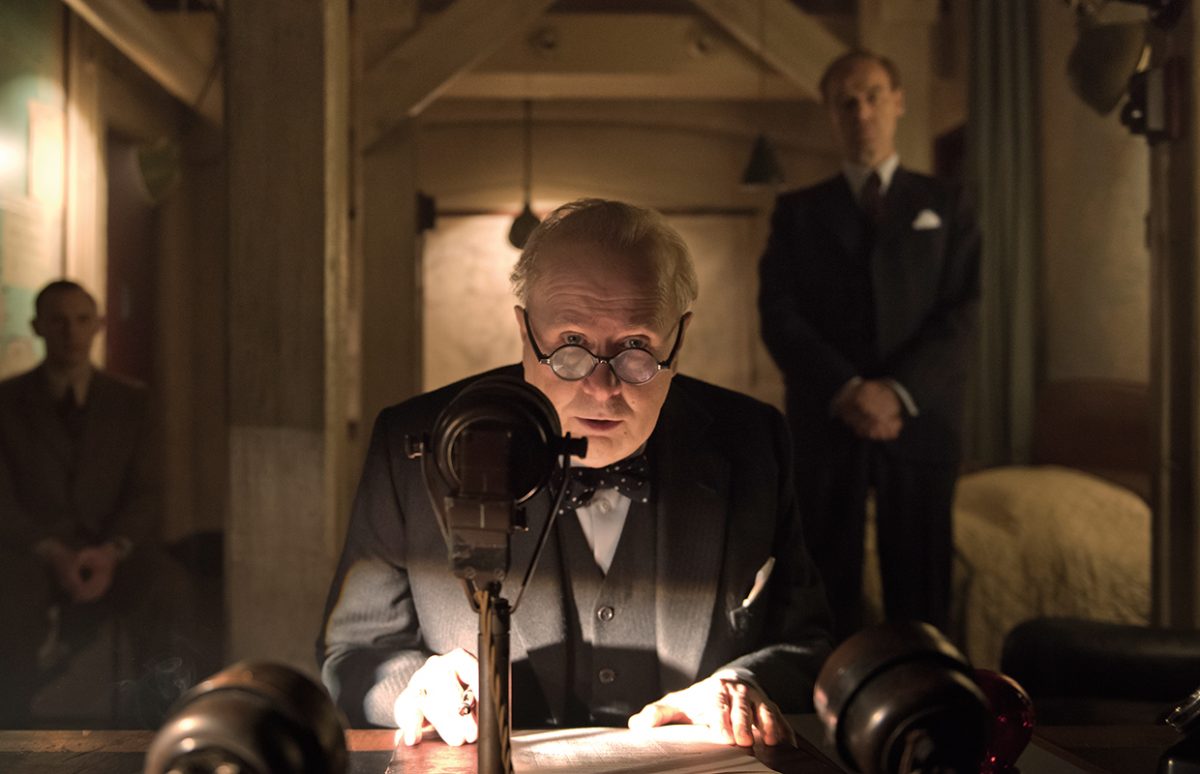
Darkest Hour, a new award-winning film about Winston Churchill’s role as Britain’s WW2 Prime Minister, gives an excellent opportunity to work on this historical figure and historical period with pupils at B1 level. The resource and the film focus on some of Churchill’s most famous speeches and their morale-boosting effect. The theme can be related … Continue reading “Winston Churchill’s Darkest Hour”














